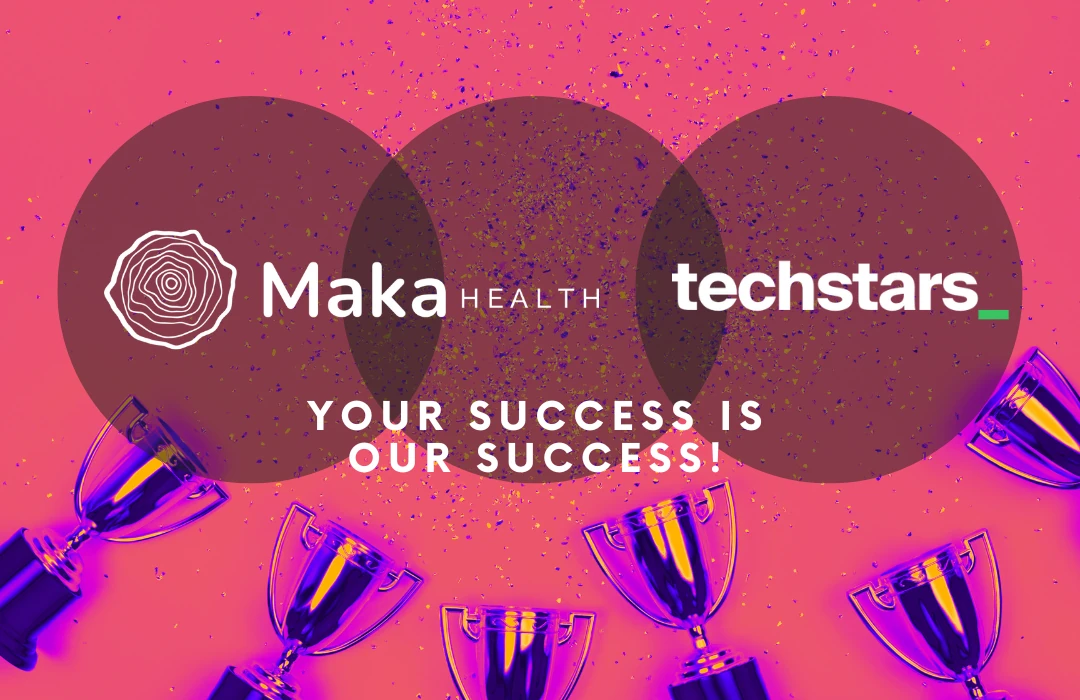Digital health has been gaining a lot of momentum especially since the Covid-19 pandemic and a lot of the new start-ups have sprouted in this space.
But what exactly is digital health?
It’s a broad term that encompasses various categories such as mHealth, telehealth, telemedicine and even personalized medicine.
In the modern day, technology and data play a significant role in most industries, but that role is even more imperative when it comes to digital health. Whether it’s a wearable device, telemedicine or AI platform that can aid in detecting disease early on, all of them are leveraging technology to extract and store people’s personal health data.
With organizations having access to such a large quantum of personal data, one very important question arises:
HOW IS THE PRIVACY AND SECURITY OF THAT DATA HANDLED?
While often used interchangeably the word privacy and security mean different things in this context.
Privacy is how your information is collected and what it may be used for by the organizations that possess it.
Security refers to how well that data is protected from third parties who aren’t authorized to have access to it.
The Health Insurance Portability and Accountability Act (HIPAA) of 1996, is a federal law in the US that was made to protect patient health information from being disclosed to third parties without their consent. However, when it comes to digital health there is little privacy protection offered to individuals under HIPAA. Many digital health companies sell user information to third parties with one of the main reasons being targeted advertising.
Malicious attacks are the number one cause and account for 80% of healthcare data breaches so far in 2022. You might be asking, what makes healthcare data so valuable and what do hackers hope to gain from accessing it?
The answer is pretty simple. Profit.
In fact, your medical health data is more valuable to hackers than your credit card information. According to Don Jackson, director of threat intelligence at PhishLabs, a cyber crime protection company, stolen health credentials can be sold for $10 each which is about 10 to 20 times the value of a U.S credit card number.
Therefore, becoming HIPAA compliant is the first step towards adequate handling of the privacy and security issues of personal data for digital health companies.
We can summarize the article by asking one simple question:
What incentives do digital health companies have to be HIPPA compliant?
The first is integrity. Adhering to HIPAA compliance shows that a company cares about its patients’ privacy and security and that makes them a better company.
The second would be legal protection. If legal issues relating to data privacy and security arise, the organization can show that they are HIPAA compliant and are following best practices.
The team at Autonomous has thoroughly trained in helping Digital Health platforms become HIPAA compliant.
Want to learn more about how your company can become HIPAA compliant?




